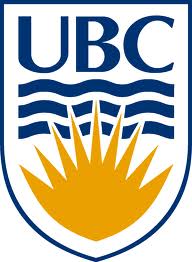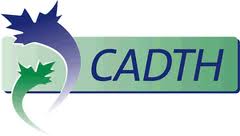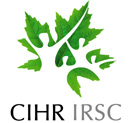
The promise of genome sequencing is letting doctors pick the right cancer drug the first time. But the ability to target specific cancer types is giving rise to new and expensive specialty drugs.
Click here to read the full article from the May 4, 2014 edition of The Vancouver Sun.








